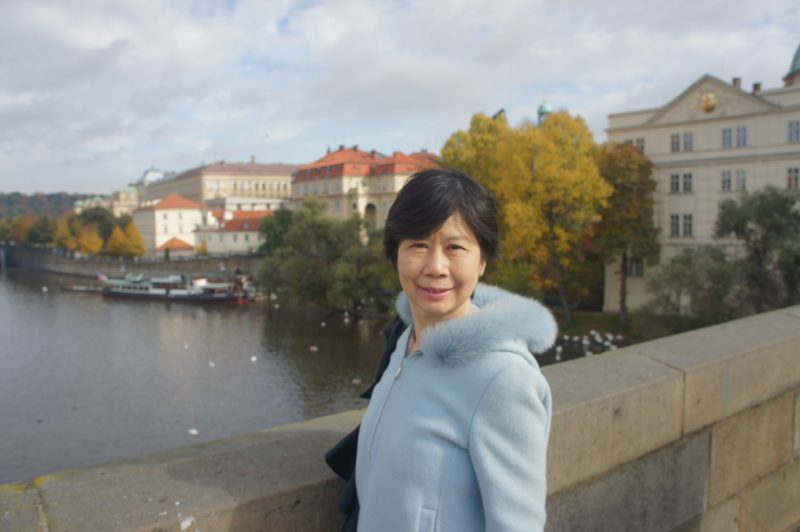A Twenty-Five Year Experiment-6
Studying In The UK
The ban on teaching English to young children made the students lose their competitiveness to their peers from other countries in the international society. It was very sad to see the government make such a bad policy which was clearly against the world trend. Due to the development of technology and the internet, every country in the world has tried its best to prepare their youngsters to be proficient in English. Even China has sent many head hunters to recruit teachers abroad which had never been done before. Shyi-Dong and I also noticed that the scholars from China who attended the international conferences had become much more threatening. The reason was that their command of English was impressive. It was ironic that the government ran the slogan of internationalizing the country everywhere, but young children were deprived of learning English.
To make things worse, the professors and researchers associated with the government strongly voiced the drawbacks of sending children to learn English at a young age. It was ridiculous to let those people who had no hand-on experience in teaching young children English to speak for the government. It was frustrating to see the truth distorted in this way, so I decided to go back to school to do more research. I hoped that my findings could verify the mistakes the government was making. In order to compare two different systems in the world, I chose York University in the UK as my second graduate studies in Education. This time I focused on teaching English as a second language to young children and I used Cornel students as the specimen samples.
In two years I made numerous observations and studied Cornel students’ language skills development intensively. I noticed that there was no doubt about the benefit of learning English at a young age; however, there were some problems that needed to be fixed. Even though we used an immersion program, the students developed an interlingua. They had no difficulty communicating with each other, but I was afraid that the mistakes would imprint on their minds forever. It seemed that the only solution was to give them more exposure to English after school. In order to achieve this goal, I launched a radio program in 2002, Rainbow Time which focused on stories. Our foreign teachers started to compose a variety of interesting stories and recorded them in our own sound room. This was an extremely difficult task because all the stories had to be interesting and creative, but none of the teachers had experience in broadcasting. Amazingly, the program got lots of attention from the public and over seven years we have been invited to air it on three radio stations. We were honored to receive ‘the Best Children’s Program’ award from Education Radio for three consecutive years.
In addition to broadcasting, we publish monthly magazines which consist of three different levels of English and lots of colorful illustrations. Moreover, we have been invited by the city government and AIT (equivalent to American Embassy) to offer story times at public libraries. We are very happy to offer these community services to children who can’t afford to attend Cornel. Now we are proud to be appointed by the government to train all the elementary schools’ English teachers at Cornel.




